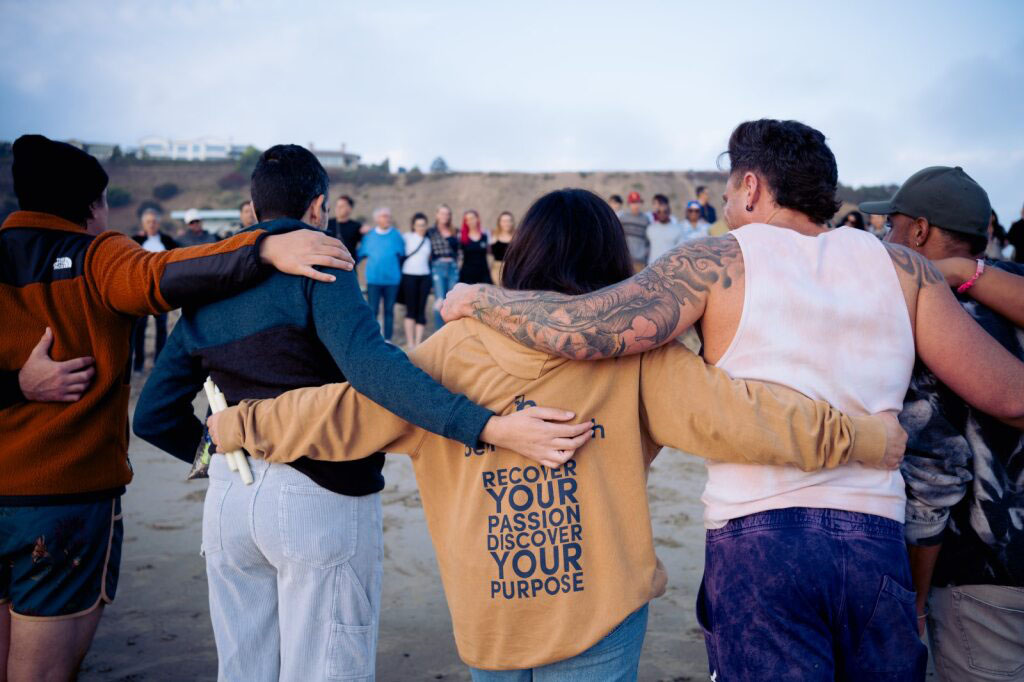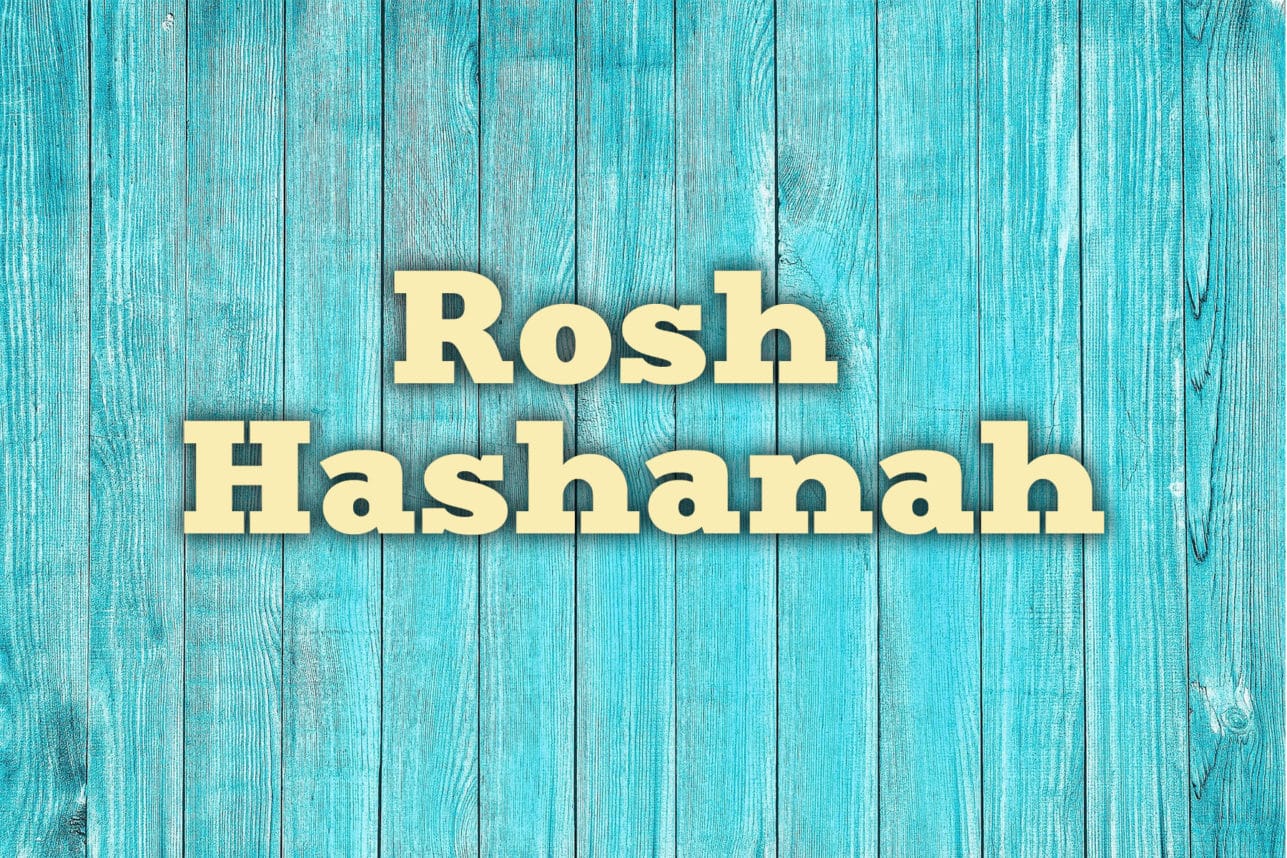Because of the many objections, most of them from Orthodox Jews, to my last column (“If You Don’t Eat Bacon, You Keep Kosher,” Aug. 5), and because the column was widely disseminated, I feel I owe readers a response to some of those objections.
Before I begin, I should point out that many Orthodox Jews agreed with what I wrote. But, as is well known, people who disagree are far more likely to express their opinions publicly than people who agree.
My primary argument, in a nutshell, was that even if a Jew only desists from eating the prohibited animals of the Torah, this Jew should be regarded as “keeping kosher” — just as one who gives less charity than Jewish law commands is usually regarded as a charitable Jew.
The most often made objection to this argument was that my charity comparison is invalid since halachah (Jewish law) does not require that a Jew give, as I had (apparently erroneously) written, a tenth of his income to charity. In fact, many noted, halachah doesn’t really require that a Jew give almost anything. As one responder wrote, “The law merely requires 1/3 shekel to tzedakah a year. Thus someone who donated $10 to tzedakah has fulfilled his legal obligation.”
This, I embarrassedly admit, was news to me. That on a moral issue as important as helping the poor and the sick, Judaism demands essentially nothing came as a surprise. On the other hand, it demonstrates that halachah is not the only way to achieve what God wants, given how charitable Jews have traditionally been.
But whether or not Judaism specifies the amount a Jew should give to tzedakah, my argument was this: We call a Jew “charitable” if he gives just about any tzedakah, but we do not say a Jew “keeps kosher” unless he keeps kosher in every detail.
This led one responder to write:
“I found the idea of the all or nothing in ritual but not in ethics really interesting!”
That is the issue I most wanted to raise: It is not good for Judaism that we view ritual law as all or nothing. That is why I wrote the column — not to have Jews “feel good about themselves,” as some wrote, or, even more amazingly, in order “to lead Jews to sin.”
I wrote it because “all or nothing” is intellectually and Jewishly counterproductive — it almost always leads to people doing nothing rather than doing all.
Think about it. In what areas of life would we really want to advocate all or nothing?
If you were a passenger in a car going 10 miles per hour above the speed limit, would you say to the driver: “You know you are deliberately violating the traffic law; you are a lawbreaker, no different from someone driving 40 miles an hour above the speed limit”?
Probably not.
Would you say to the driver: “You are entirely wrong to consider yourself a person who observes traffic laws”?
Again, probably not.
And why not?
Because most of us recognize that in life “all or nothing” is usually absurd.
Over the course of 40 years, I have brought innumerable Jews to keeping kosher (including Orthodox levels of kashrut). And one of my most persuasive arguments has been that the moment a Jew declines to eat any food because he is a Jew, he is keeping kosher.
I never wrote that a Jew who only refrains from eating Torah-prohibited animals keeps “fully” kosher. I don’t use the word “fully” with regard to kashrut, or Shabbat, or any other Jewish law, including ethical laws. The term is worse than useless; it is damaging.
As one Orthodox rabbi, Ephraim Epstein, the senior rabbi at Congregation Sons of Israel in New Jersey, commented on the Jewish Journal website: “We would do much better if we threw away our FRUMometers and did away with the urges to assess levels of other people’s religiosity. …”
Let me end with a story that illustrates how powerful not using “all or nothing” is to bringing Jews to observance of kashrut (and other Jewish laws).
One day, many years ago, I was eating in Factor’s deli in the Pico-Robertson section of Los Angeles, when out of nowhere a woman approached me and said: “You have no idea how important it is for me to see you eating here. I heard you make the case for keeping kosher, and you persuaded me. But I still didn’t think I could do it because I knew I wouldn’t restrict myself to eating only in kosher restaurants. Now that I see that you can eat in a regular restaurant and still keep kosher, I will start keeping kosher.”
Did I cause that woman to sin? Or to keep kosher?
Dennis Prager’s nationally syndicated radio talk show is heard in Los Angeles on KRLA (AM 870) 9 a.m. to noon. His latest project is the Internet-based Prager University (prageru.com).


































